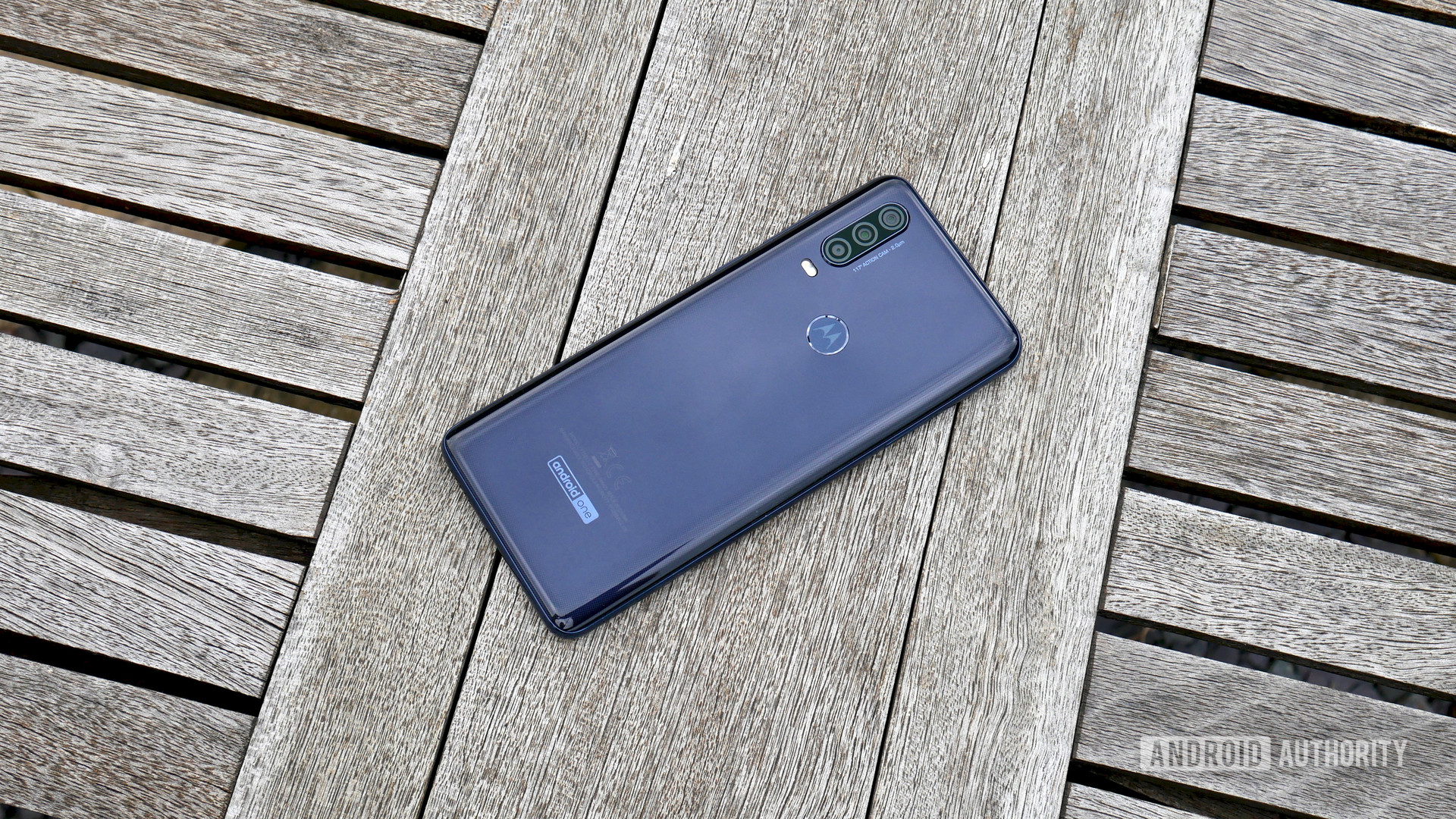It’s been far too long since we saw a true flagship phone from Motorola. The last device to fit the bill was 2017’s Moto Z2 Force, while subsequent devices have either used mid-range silicon or the previous year’s flagship processor.
Thankfully, the company announced in December 2019 that it’s planning to launch the “fastest 5G phone on Qualcomm’s flagship platform” in early 2020. This means we can expect a Snapdragon 865 device from the company (tipped to be the rumored Motorola Edge Plus).
Here’s what Motorola needs to do to ensure that its first flagship in a long time is a critical and commercial success.
Ditch the Moto Mods
Yes, this might be a mildly controversial opinion, but it’s high time that Motorola ditches its Moto Mod ecosystem of hardware add-ons. After all, the firm has fulfilled its promise to support the Mods for three generations.
The biggest reason to ditch Moto Mods is that it allows the company to dramatically change its flagship designs. The Moto Z series of devices have all had the same fundamental design and shape, due to the need to ensure Moto Mods are compatible.
Breaking compatibility with these add-ons also means Motorola can finally ditch the Moto Mod contact pins on the back of its phones, delivering a truly water resistant smartphone in the process. The company could also theoretically deliver wireless charging without the need for a Mod too.
A world-class camera experience
One of the biggest differentiating factors for smartphones today is the camera experience, and it’s here that Motorola could do with some improvements as well.
Between inconsistent daytime shots, aggressive beauty effects for selfies, and an “awful” night mode, our own Eric Zeman didn’t have much praise in his Moto Z4 review. So the company definitely needs to make major improvements across the board. Although to be fair, the brand seems to have improved the night mode in a big way with the Motorola One Zoom.
We’re also in the era of multi-camera devices, and Motorola has joined the fray with its Motorola One family. The new flagship will need a normal/wide/telephoto camera setup at the very least, if Moto hopes to stay competitive with other flagships. But we’ve also seen quad- and penta-camera setups in recent months, packing longer range zoom and macro sensors.
One of the major redeeming qualities when it comes to Motorola’s camera experience are the quirky and fun camera modes though. More specifically, we’ve seen Lumia-style Spot Color functionality (adding a splash of color to an otherwise monochrome image), Cinemagraphs, and Live Filter effects. These aren’t game-changing, but they’re definitely fun features and have helped Motorola stand out somewhat from the competition. So hopefully the firm has similarly fun effects in tow for the flagship device.
The company has also touted action camera functionality on its mid-range Motorola One Action, allowing you to record landscape wide-angle video while holding your phone in portrait. It’s an interesting solution to Vertical Video Syndrome but we hope if Motorola’s flagship has this, that the company still lets us take pictures via this camera anyway (a critical Motorola One Action flaw).
A big battery and faster charging
Motorola’s phones have generally been frugal when it comes to power consumption, but that doesn’t excuse the fact that its flagship devices have traditionally had average battery sizes.
The likes of Huawei, Samsung, and OnePlus have all delivered bigger batteries for the most part in 2019, so here’s to Motorola joining them in offering a meaningful boost. And while we’re at it, the company should offer faster wired charging, as 15W pales in comparison to 20W, 30W, and even 65W solutions today.
A two-tiered approach
To go fully premium or to take the affordable flagship route? Motorola will have undoubtedly thought about this while developing its new flagship device.
It doesn’t have to be one or the other though, as Samsung’s Galaxy S10 series shows. We’ve got a more affordable flagship in the Galaxy S10e, while the Galaxy S10 Plus comes in with all the bells and whistles.
The two phones offer the same fundamental experience, but the Galaxy S10e dials back the camera count, offers a reduced screen resolution, and delivers 6GB of RAM versus the S10 Plus’s 8GB or even 12GB. Other noteworthy Galaxy S10e features compared to the Plus model include a side-mounted fingerprint scanner in lieu of an in-display sensor, one selfie camera instead of two, and a much smaller battery.
By potentially taking this approach, Motorola could offer one phone to challenge the likes of Xiaomi and OnePlus, and another device to steal market-share away from Apple and Samsung’s top-end phones.
More additions to the stock skin
One of the best reasons to get a Motorola phone is the mostly stock Android skin, offering none of the performance penalties associated with hefty Android overlays. Fortunately, the company has added a few extra features over the years, such as gestures to quickly activate the flashlight or camera, and system navigation with the fingerprint scanner.
Motorola could definitely do with a few more additions, such as a Rules option (akin to LG’s Smart Settings), a PC mode, and more personalization. None of these features are massive on their own, but every option helps to make Motorola’s flagship stand out from other stock devices.
What else do you think Motorola needs to do to make its upcoming flagship a success? Give us your answers below!
More posts about Motorola
from Android Authority https://ift.tt/2UyI6bH















No comments:
Post a Comment